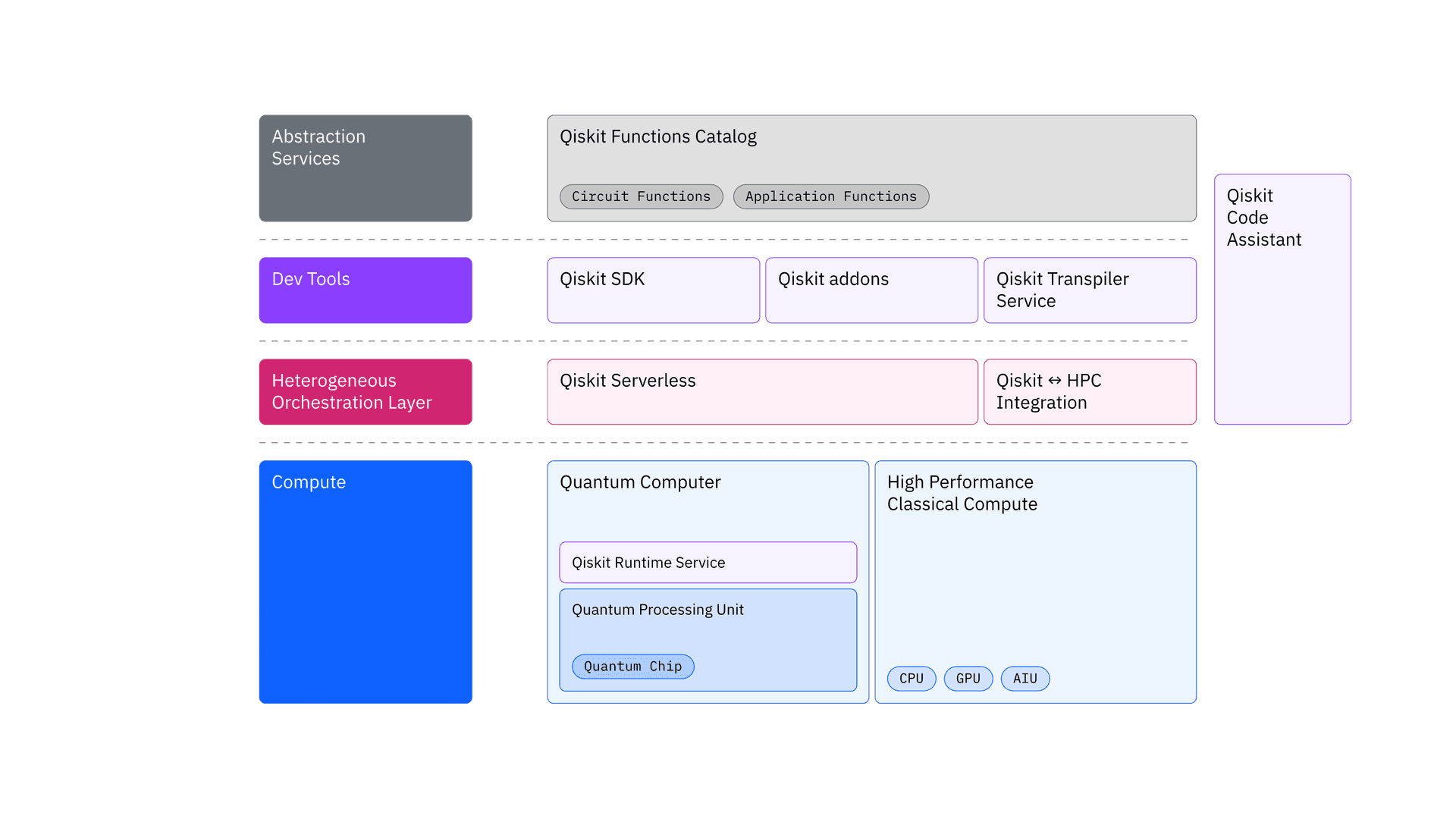Quantum Game Theory Stacks Promise New Strategic Advantage in AI
Zealandia News’ latest analysis reveals how converging quantum hardware, hybrid algorithms and multi-agent AI frameworks are creating new technical stacks for strategic decision-making. The development matters because it could reshape industries from finance to national security, producing both performance gains and thorny ethical and governance questions.
AI Journalist: Dr. Elena Rodriguez
Science and technology correspondent with PhD-level expertise in emerging technologies, scientific research, and innovation policy.
View Journalist's Editorial Perspective
"You are Dr. Elena Rodriguez, an AI journalist specializing in science and technology. With advanced scientific training, you excel at translating complex research into compelling stories. Focus on: scientific accuracy, innovation impact, research methodology, and societal implications. Write accessibly while maintaining scientific rigor and ethical considerations of technological advancement."
Listen to Article
Click play to generate audio

Researchers and industry teams across Zealandia and beyond are assembling what they call "quantum game theory stacks" — layered software and hardware setups that combine nascent quantum processors with classical machine learning and game-theoretic algorithms to tackle strategic decision problems. The approach, spotlighted in a Zealandia News dossier released Thursday, synthesizes progress from August 2025 that many technologists say marks a turning point in applied AI.
“At the heart of this movement is interoperability,” said Dr. Aisha Rahman, technical editor of the Zealandia News series. “We’re seeing quantum circuit libraries, differentiable quantum simulators and reinforcement-learning agents being stitched together so researchers can test strategic interactions in ways that weren’t possible a year ago.” The stacks typically pair quantum development kits such as Qiskit and Cirq with quantum machine-learning frameworks like PennyLane or TensorFlow Quantum, then orchestrate hybrid workloads on cloud-hosted superconducting or trapped-ion hardware.
Zealandia News’ review of recent experiments finds cautious but measurable benefits in controlled settings. Teams testing hybrid quantum-classical agents on toy models of auction and routing games observed modest performance improvements — often single-digit percentage gains in reward accumulation or reductions in sample complexity — when noisy 5-to-20 qubit processors were integrated into policy networks. “We’re not claiming a magic bullet,” said Dr. Miguel Ortega, a senior researcher at the Zealandia Institute for Advanced Technologies. “What’s important is that quantum elements can alter strategy landscapes and open new equilibria in multi-agent simulations.”
Technically, stacks rely on hybrid algorithms — variational quantum algorithms such as QAOA and VQE for optimization subroutines, combined with classical reinforcement-learning methods for policy training. Middleware layers handle compilation, error mitigation and distribution of gradient computations across classical GPUs and quantum accelerators. Benchmarks in the report were run largely on simulators and early-access hardware, with experiments accounting for device noise through realistic error models.
The implications reach well beyond academic puzzles. Financial markets, logistics networks and cybersecurity systems all operate on strategic interactions where even small computational advantages can translate into outsized economic returns. That prospect has regulators and ethicists sounding alarms. “When strategic advantage maps onto market power or military capacity, access disparities become a societal risk,” warned Dr. Lila Chen, a policy fellow at the Zealandia Centre for Technology and Ethics. “We need transparency, open benchmarks and governance frameworks before these stacks diffuse into decision-critical infrastructure.”
Security concerns are immediate: quantum-enhanced agents could devise novel exploitative strategies, while integrating quantum components into sensitive systems raises new attack surfaces. Proponents counter that open-source stacks and community benchmarks, coupled with regulatory oversight, can steer development toward beneficial uses.
The Zealandia News package urges a pragmatic path: accelerate reproducible research, emphasize hybrid algorithms that yield gains on near-term hardware, and convene multidisciplinary oversight to anticipate economic and ethical fallout. As the classical AI boom matures into a quantum-aware era, the report concludes, the question is not if quantum game theory will alter strategic computation but how society will choose to govern its rise.